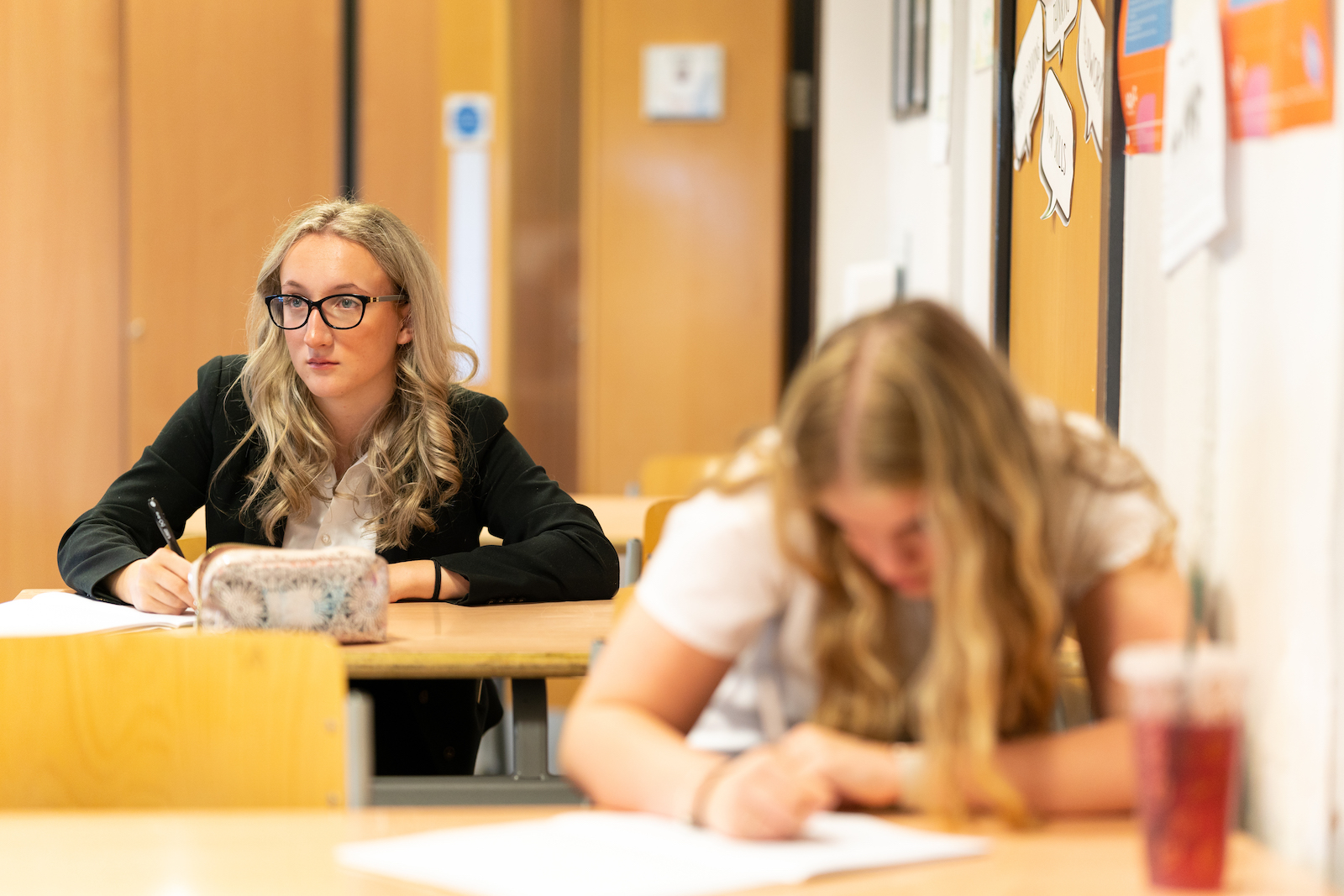Physics - A Level

Structure of Course:
Physics allows us to study the universe from the largest galaxies to the smallest subatomic particles and is crucial to understanding the world around us.
Physics is fundamentally an experimental subject. The course is designed to provide numerous opportunities to use practical experiences to link theory to reality and equip you with the essential practical skills that you need. By studying physics, you will develop skills that are highly valued by employers including analytical skills, problem solving, practical skills, mathematical ability and scientific enquiry.
In year 12 you will study particles and radiation, waves, mechanics and materials and electricity. You will also build your practical skills ready to tackle your first of 12 practical assessments.
In year 13 you will study further mechanics and thermal physics, fields and their consequences, nuclear physics and an option topic. The option agreed by the class could be astrophysics, medical physics, engineering physics, turning points in physics or electronics.
Assessment:
At the end of the course learners sit three exams. They also complete a range of 12 compulsory, assessed practicals throughout the course.
| Paper | What is assessed
| |
| Paper 1
(2 hours) | Measurement and their errors, Particles and radiation, Waves, Mechanics and materials, Electricity, Periodic Motion | 34% of total A level |
| Paper 2
(2 hours) | Thermal Physics, Fields and their consequences, Nuclear Physics (and knowledge from paper 1) | 34% of total A level |
| Paper 3
(2 hours) | Practical skills and data analysis
Option topic (e.g. astrophysics) | 32% of total A level |
Destinations:
Studying physics and learning the skills that it includes opens the doors to many career paths, not just those directly related to physics. The possibilities are endless but include: Acoustic consultant, Clinical scientist, medical physics, Geophysicist, Higher education lecturer, Metallurgist, Meteorologist, Nanotechnologist, Radiation protection practitioner, Research scientist (physical sciences), Secondary school teacher, Technical author, Actuary, Applications developer, Data analyst, Nuclear engineer, Operational researcher, Patent attorney, Software engineer, Telecommunications researcher, Law, Banking and finance.